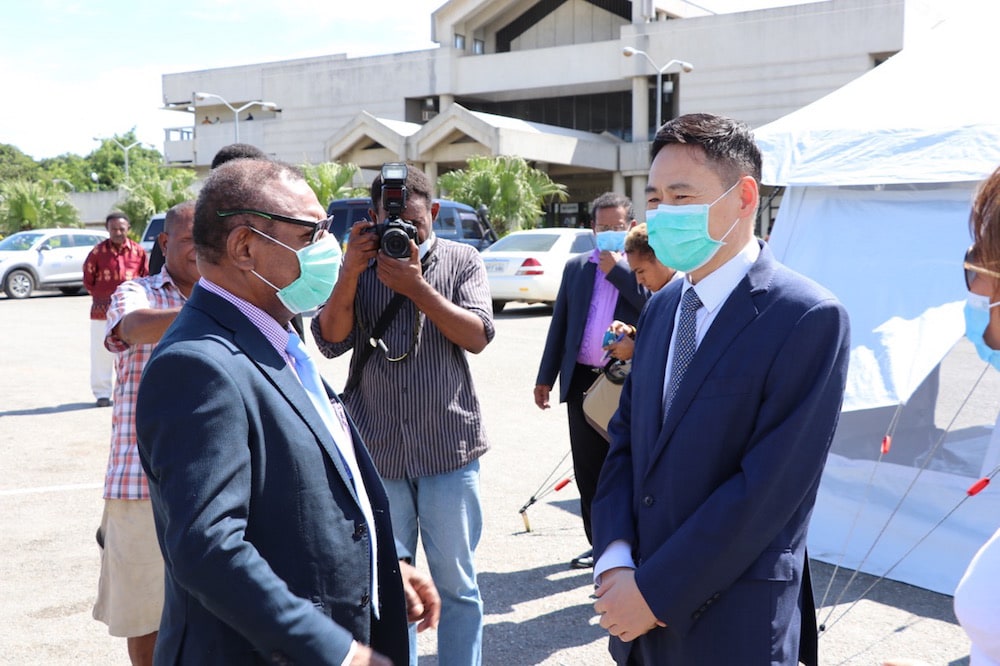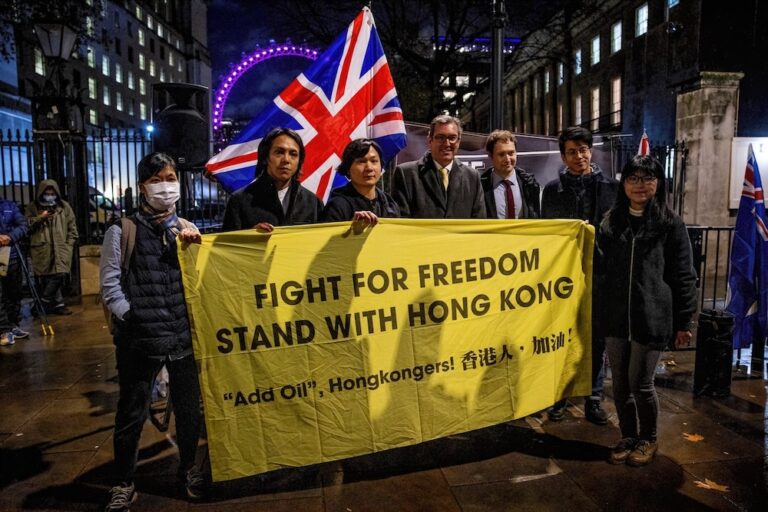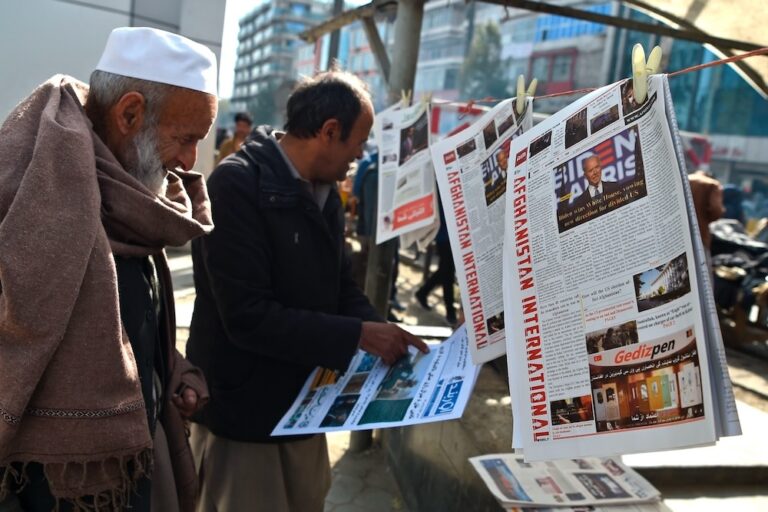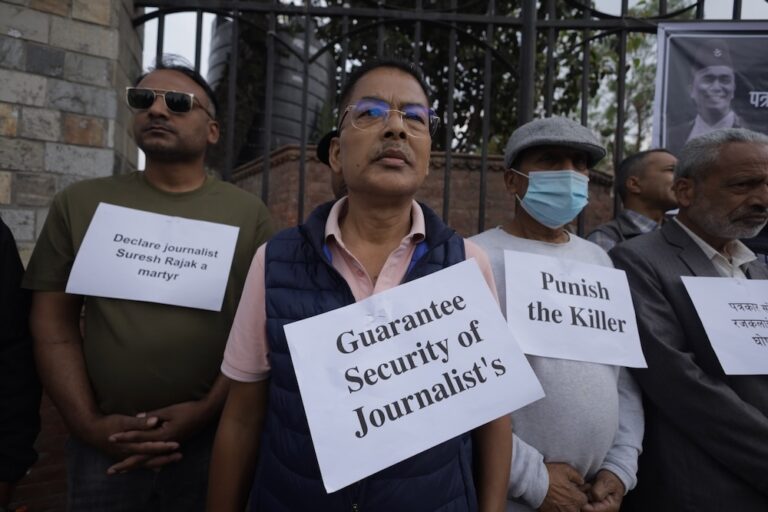Pacific Freedom Forum urged governments in the region to partner with the media in informing the public about COVID-19 instead of imposing restrictions on social commentary.
This statement was originally published on Pacific Freedom Forum’s Facebook page on 30 March 2020.
Pacific governments rolling out special COVID-19 and state of emergency legislation must continue to stay open to enquiries and questions from the media, says regional article 19 watchdog the Pacific Freedom Forum, PFF.
“We commend our mainstream media workers for the ongoing coverage of the pandemic as its global spread impacts our Pacific region. The new norm is creating opportunities along with the challenges, and we need to be reporting all sides of that story from our new ‘news’ normal,” says PFF Chair, Bernadette Carreon of Palau.
“Employers who are rolling out support and advice to their media workers are going to make a huge difference to ensuring the coronavirus is stopped and eliminated in our communities,” she says, “and journalists and media crews are urged to keep the advice around personal distancing, hand washing, and special precautions if working from the field,” she says.
Polynesia co-chair Monica Miller of American Samoa says it’s imperative that journalists stand by their ethics and fact-checking protocols. Governments must keep up partnerships with newsrooms to share their message, and act quickly to respond to questions and requests for information.
The call comes as Samoa and Fiji media deal with the fallout over publication of the identities of two people who have tested positive for coronavirus. Late last week, two high profile Fiji citizens were taken into custody and eventually charged with breaching the Public Order act over COVID-19 comments on social media. The Cook Islands has just passed information restrictions in its new COVID-19 legislation, levelling heavy fines and jail terms for those spreading ‘harmful information’ over the pandemic.
“The state of emergency is not an excuse to treat newsrooms as a one-way channel to the public, or to gag dissent, social media commentary, and hard questions with restrictions and legislation,” says Melanesia co-chair Ofani Eremae of the Solomon Islands.
“News journalists, please continue to uphold industry ethics and pursuit of the facts through the state of emergency. We ask our elected and medical leaders to remain responsive to questions and information requests from all media channels and journalists,” he added.
Eremae says the new state of emergency regulations and COVID-19 responses provide “a chance for governments to open up and create new awareness amongst our people because information and awareness is one of the biggest ways to fight this pandemic.”



